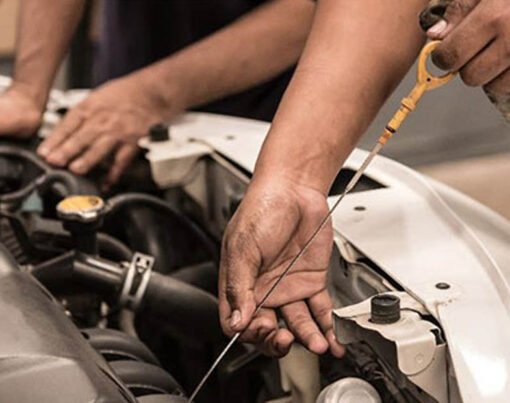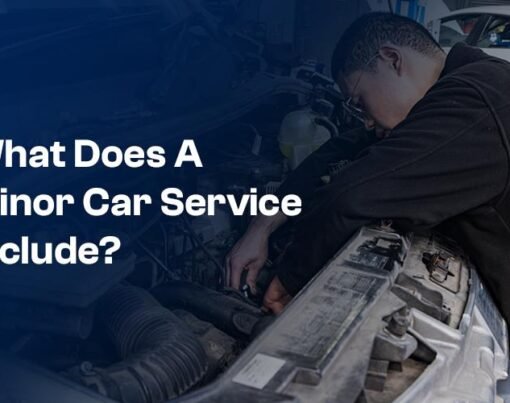The Magnuson-Moss Consumers Warranty Act – known as federal lemon law – was enacted to protect consumers from faulty products – primarily vehicles. The law holds manufacturers accountable for selling vehicles with substantial defects. While lemon law exists across the USA, the regulations differ from state-to-state.
California lemon law – known as the Song-Beverly Consumer Warranty Act – has some of the most consumer-friendly regulations in the country. Most states only offer benefits for vehicles still under the original manufacturer warranty. California is one of the few that extends benefits to used vehicles.
But what about leased vehicles?
Fortunately, CA lemon law covers BOTH purchased and leased vehicles.
In this post, we want to explain how the law works for these vehicles – and how your situation might factor in.

Table of Contents
Leased Lemons in CA: The Rules
California lemon law for leased vehicles functions exactly the same as a purchase vehicle – if the qualifications are met. The first sign of a defect doesn’t automatically qualify a vehicle as a lemon. The criteria of a lemon under CA law are as followed:
- The vehicle has one or more substantial defects – covered by the warranty – that impairs the safety, functionality, or value.
- The defect(s) was not a result of driver abuse.
- The manufacturer has been given a reasonable number of attempts to repair the warranty-covered defect (usually at least two).
Or
- The vehicle has been out of service for repairs for 30 or more days for any number of defects.
Most importantly, the vehicle must still be covered under the express warranty or original manufacturer warranty when the defect is reported to the manufacturer/dealership. Most manufacturer warranties are good for 36 months after the purchase date or before 36,000 miles accrue on the odometer. However, these terms vary based on the brand.
The Exceptions
California lemon law may sound straightforward at first. You buy/lease a defective vehicle; the manufacturer is required to fix it or refund you. But unfortunately, it’s not always that easy.
For starters, manufacturers and dealerships have no little to no intention of refunding consumers after selling/leasing a defective vehicle. They have all sorts of tricks up their sleeves to avoid responsibility. The most common way to do this is by taking a stance against the nature of the defect – or arguing it does not warrant a claim.
Now, some unfixable defects, like issues with the engine, transmission, braking, steering, electrical system, etc. leave little doubt that a lemon claim is valid. However, the manufacturer may insist that other defects are not “substantial” enough to deem a vehicle a lemon. For example, a malfunctioning radio knob or CD player are not essential to the vehicle’s use.
This is why it’s so important to hire a specialized lemon law lawyer in California to manage your case. A skilled attorney will argue that ANY defective components of a vehicle compromise its value and functionality. Yes, even a faulty radio knob can qualify under the right circumstances.
In addition to the nature of the defect, there are a few other exceptions that can invalidate your claim:
- The defect was caused by an aftermarket part installed by a third-party.
- The defect is not covered under the express or dealer warranty. Unlike manufacturer warranties, the dealer or express warranty may only cover essential components.
- The leased vehicle does not come with an express warranty.
- The warranty expired before you reported the defect.
Canceling the Lease
If your leased vehicle meets the criteria of CA lemon law, the next step is earning compensation for what you’ve paid. This involves getting the manufacturer or dealership to buy out the lease. As great as it would be to just walk into the leasing office and get them to void the agreement, it’s not that easy.
There should be a signed leasing contract detailing the terms and circumstances allowing you to terminate the lease. Did you miss this in the fine print when you originally leased the vehicle? Don’t worry. You are covered under California lemon law.
Terminating your lease all comes down to the paperwork you have in place. Keep in mind, you should (ideally) get compensated for more than just the lease payments you’ve made on the vehicle. The goal in a lemon law claim is to get refunded for every single penny you had to pay because you leased a faulty vehicle.
The documentation you’ll need to earn a refund include (but are not limited to):
- All the repair invoices, including:
- The defect
- The actions taken to repair the defect
- Dates in/out
- Mileage
- Indicate the repair order has been closed
- Signature of representative
- Copy of warranty terms
- Copy of leasing agreement
- Records of all payments made on the lease
- Records of all official fees paid on the vehicle
- Receipts for all incidental costs stemming from the lemon (rental car, towing fees, cab fares, etc.)
The records you keep determine the strength of your claim – and the compensation you get.
Wrapping Up
Purchasing or leasing a defective vehicle is extremely frustrating and inconvenient. The good news is leasing a lemon is usually a cleaner break. For instance, you aren’t usually required to provide a down payment for a leased vehicle and you don’t have to deal with financing issues. Your main goal is to get reimbursed for the monthly payments of the lease.
Regardless of whether you leased or purchased a lemon, the most important factor in earning full compensation is the attorney you hire. To reiterate, manufacturers have no intention of refunding your money. A lemon attorney will make sure you get compensated for every penny.
Even if you aren’t sure if your vehicle is a lemon, don’t be shy in reaching out to an attorney. Most understand you’re in this situation for the first time – and will be happy to steer you in the right direction.
Author Bio
Brian K. Cline’s Lemon Law Legal Group provides premier legal services. Our California lemon law lawyers aggressively and ethically force vehicle manufacturers to buy back defective and dangerous vehicles. Our team includes experienced trial lawyers with over 40 years of combined trial experience.










